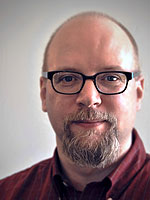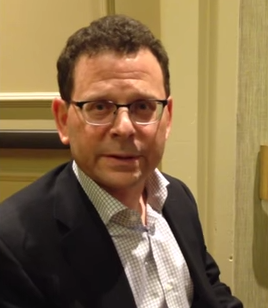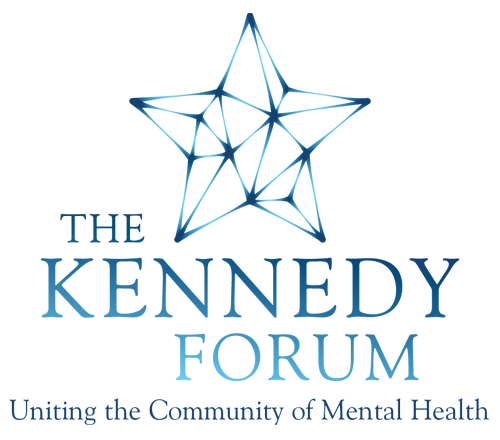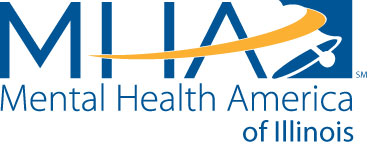 Myths and Facts About Paid Sick Leave
Myths and Facts About Paid Sick Leave
Andy Baker-White, JD, MPH, Associate Director
The Network for Public Health Law – Mid-States Region
www.networkforphl.org
When you’re not feeling well, do you go to work? Many of us go to our workplace when we’re not feeling well because staying home can mean lost wages, increased workload, missed shifts or deadlines, and loss of momentum on projects. While legislation can’t help with most of that, some states and cities have moved to require employers to provide paid sick time to employees. Eliminating one worry – loss of pay – can entice people to stay home when sick, and thereby help to prevent people from getting sicker, infecting others, and adversely impacting the workplace. In today’s CFYM post, Andy Baker-White reveals truths and untruths about paid sick leave.
It can be difficult for many workers to stay home from work when they are sick. Those who do choose to stay home when sick often suffer lost wages and run the risk of being fired. In fact,
- close to 40 percent of private-sector U.S. employees do not receive any sort of paid sick days
- 11 percent of respondents to a 2008 survey by the University of Chicago’s National Opinion Research Center reported losing a job after taking time off from work for an illness
- 13 percent in the same survey, said they were told they would be fired or suspended if they missed work because of illness
Read More











Connect With Us